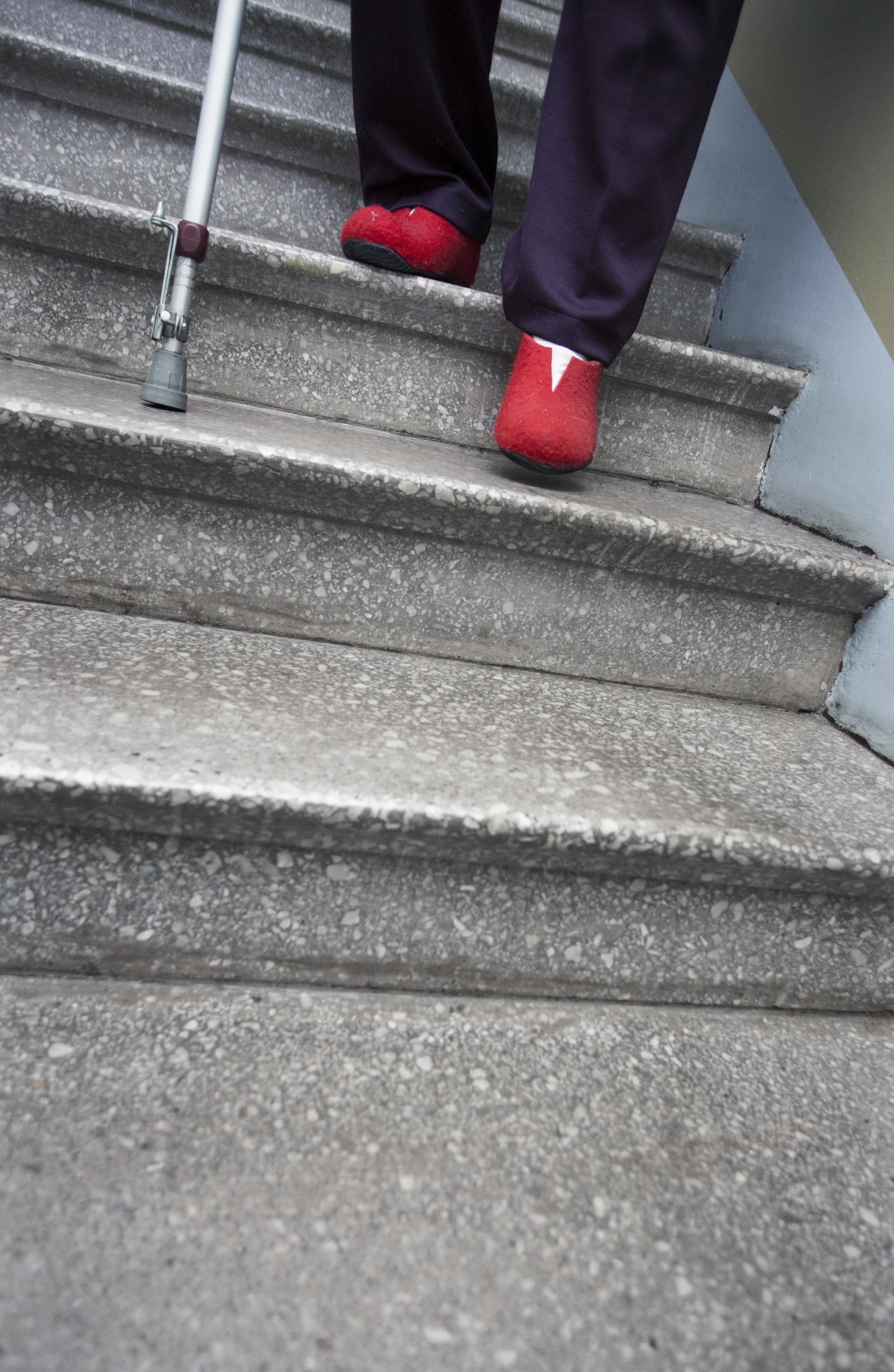
Credit: Raija Törrönen
The use of thiazide diuretics was associated with a decreased risk of low energy fractures in people with Alzheimer’s disease, a new study from the University of Eastern Finland shows. The association was found in long-term use exceeding three years; however, shorter term use did not reduce the risk of fractures. Thiazides are typically prescribed to treat hypertension. The results were published in Osteoporosis International.
Hip fracture was the most common low energy fracture in the study population, and the risk of this fracture type decreased by 30% in long-term thiazide use. The association may be related to the fact that thiazides decrease urinary calcium excretion and increase bone mineral density, which may decrease the risk of fracture in case of a fall. Persons with Alzheimer’s disease have an increased risk of falling, as the disease leads to problems in balance and spatial orientation.
The association of thiazide use and a reduced risk of low energy fractures disappeared in approximately one month after the use was discontinued. Thiazides are used in the treatment of hypertension. In this study, thiazide use was taken into account also when these drugs were combined with other antihypertensive drugs in the same tablet. Thiazides cannot be recommended for the prevention of fractures, as their use is known to be associated with postural hypotension and consequent falls.
The study was based on the nationwide register-based MEDALZ study conducted at the University of Eastern Finland. For this study, 10,416 community-dwelling persons diagnosed with Alzheimer’s disease who had a low energy fracture were included and compared with 31,099 matched controls without a fracture.
###
For further information, please contact:
Heidi Taipale, Senior Researcher, School of Pharmacy, University of Eastern Finland, heidi.taipale(at)uef.fi
Research article:
Taipale H, Rysä J, Hukkanen J, Koponen M, Tanskanen A, Tiihonen J, Kröger H, Hartikainen S, Tolppanen AM. Long-term thiazide use and risk of low energy fractures among persons with Alzheimer’s disease -nested case-control study. Osteoporosis Int 2019, published online April 16 2019. DOI: https:/
Media Contact
Heidi Taipale
[email protected]
Related Journal Article
http://dx.




